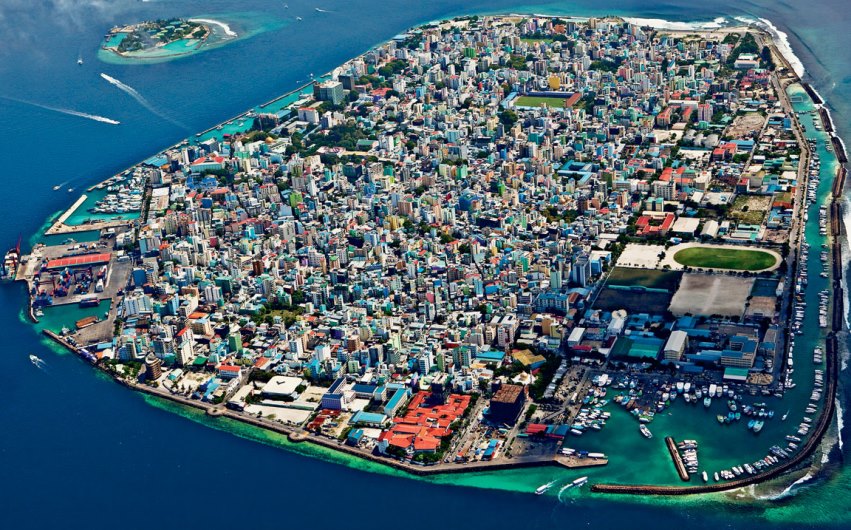When things get personal

Why are small states significantly more stable than large ones, despite the weakness of political institutions and the prevalence of personalistic politics? Which factors contribute to the absence of major political crises and violence in small states? And who are the key actors involved in these processes?
These are the core questions of this research project, which Wouter Veenendaal is conducting at both Leiden University (Institute of Political Science) and KITLV. The project was financed by means of an NWO Veni grant in 2016, and will last from 2017 to 2020. Based on a combination between a large-N analysis of elite relations in all 46 small states, and a qualitative analysis consisting of four case studies, the aim of the project is to expose the dynamics that produce political stability in small states. The leading hypothesis is that personalized competition at the elite level is unlikely to undermine overall regime stability, while the pervasiveness of patron-client linkages creates stable interactions between citizens and politicians.
Countries with fewer than 1,5 million inhabitants have significantly higher rankings on the stability-nonviolence indicator of the World Bank. There are hardly any ‘failed’ small states, and (ethnic) violence or major political crises rarely occur in these countries. Even the poorest and ethnically most fragmented small states generally maintain stable political regimes. Yet because small states are routinely excluded from (comparative) political science, not much is known about the political dynamics and patterns that might explain these higher levels of stability.
Large-N Analysis of Elite Relations:
The first component of the project is to conduct a large-N analysis of elite relations in all 46 small states, in order to examine the influence of personalized competition on regime stability. To this end, a new index that offers an impression of the incidence and severity of political conflicts in small states will be created. For each small state, the index will contain data about 1) the major political leaders contesting elections, 2) alliances created after the elections to form governments, 3) the duration of these governments, and 4) the number of government and party split offs between different elections. The figures of the index can be contrasted with broader indicators of regime stability, to analyze the expectation that personalized forms of competition do not affect broader levels of stability in small states.
Small-N Analysis of Four Case Studies:
The second component of the project is an in-depth comparative analysis of four small states, located in various world regions. While these cases have varying scores on the world governance indicator of political stability, all of them have experienced political instability in the past, and in all of them cultural, demographic, or historical factors would suggest higher levels of political instability:
Malta appears to have a stable political system, but also experiences extreme partisan polarization and pervasive clientelism. It is selected to study how these two dynamics affect political stability.
Suriname is a profoundly segmented society in which political parties traditionally mirror ethnic divisions. It is selected to study how ethnic forms of political competition apparently do not undermine stability.
Comoros has long been unstable due to persistent conflicts between different islands and successive coups, but recently became somewhat more stable under a power-sharing arrangement. It is selected to find out why smallness has apparently failed to create stability in this archipelago.
Vanuatu is one of the most heterogeneous countries in the world, in which extreme political fragmentation and turmoil have, however, not resulted in political violence. It is selected to study how peace is maintained in the face of persistent political chaos.
In each of the four small states extensive field research is conducted, consisting of in-depth interviews with a range of political experts as well as an analysis of secondary literature and official documents.
PROJECTS
Click here to go back to the full list of research projects ongoing at the KITLV/Royal Netherlands Institute of Southeast Asian and Caribbean Studies and in collaboration with other departments and institutions.



